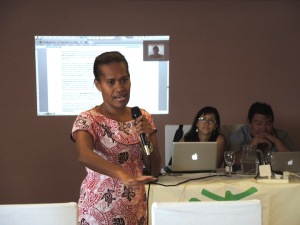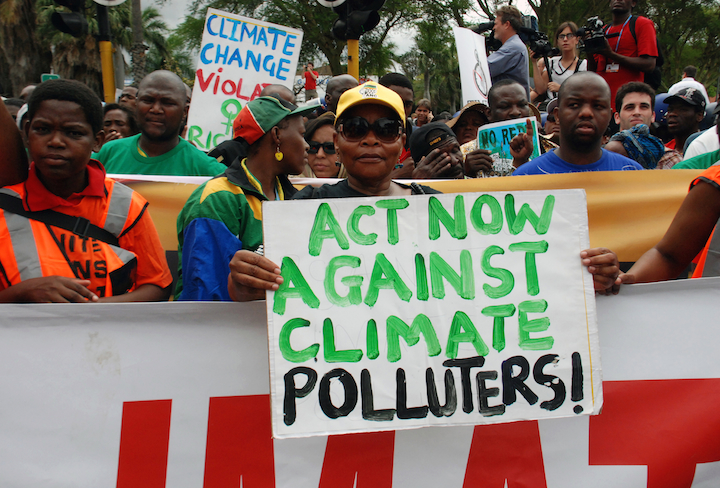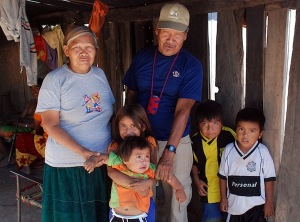By Anne Petermann, Executive Director, Global Justice Ecology Project, 20 November 2014
Global Justice Ecology Project is in Paraguay for two weeks of meetings to strategize means to address the impacts of wood-based bioenergy, genetically engineered trees and livestock on deforestation levels, and the solutions to the climate change and deforestation crisis provided by local communities maintaining and caring for their traditional lands.

Aydah from the Solomon Islands speaks at the meeting. If biomass energy is not stopped, her islands will continue to drown. Photo credit: GJEP-GFC
Today’s meetings included the participation of activists from throughout Africa, Asia, the South Pacific, North and South America and Eastern and Western Europe. The topic at hand was the problem of wood-based bioenergy–specifically electricity derived from cutting down forests, destroying biodiversity, polluting the atmosphere and displacing forest-based Indigenous and local communities.
Biomass also comes with an enormous cost in waste. In the Drax UK biomass plant, Biofuelwatch has calculated that of every three trees burned, two are wasted as heat. Half of one UK power station takes more wood than the entire UK produces every year and supplies only 4.6% of the country’s electricity demand. These power stations require co-generation with coal, so increased use of biomass = increased use of coal. Without the biomass conversion, this Drax plant would have had to close by 2016. The conversion to co-generation with biomass is allowing it to stay open, enabling continued and increased use of coal.
Continue reading →




